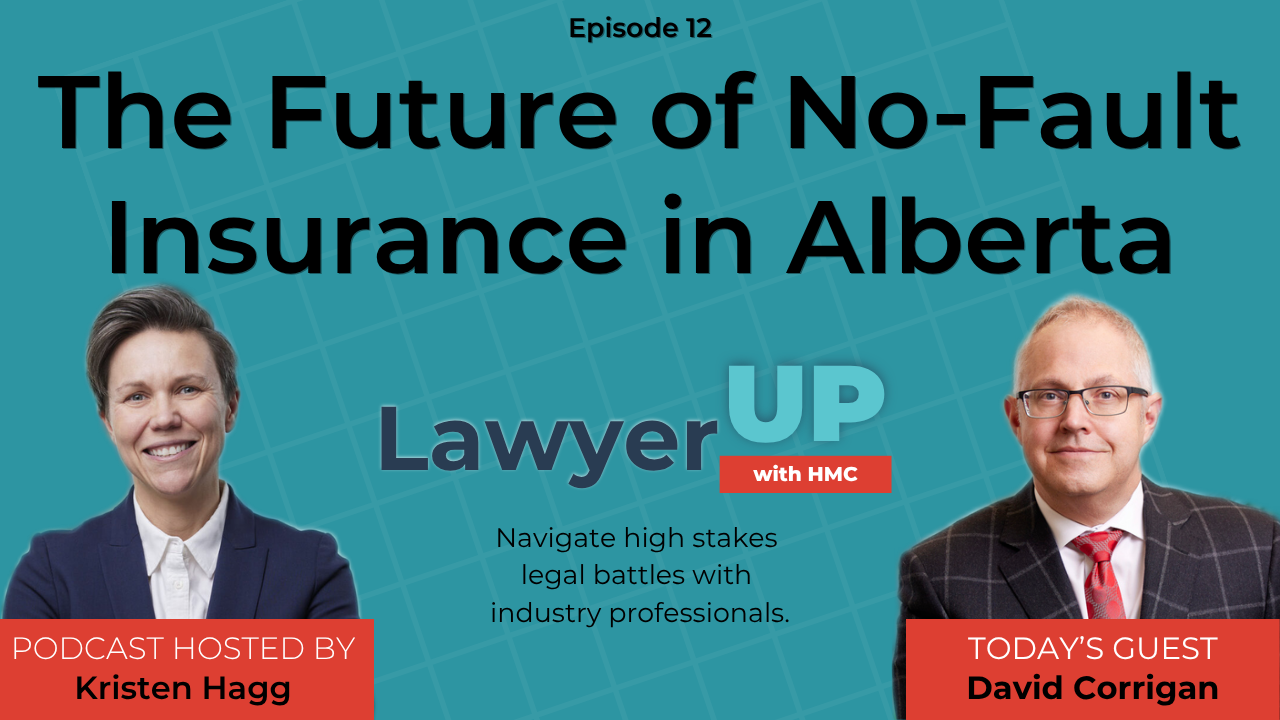
Family Law Frequently Asked Questions
Answers to Frequently Asked Family Law Questions
I am considering separating from my spouse, at what point should I seek legal advice?
Generally, the earlier the better.
Here’s why: If you are at the stage of looking up Family Law Lawyers online, you are probably at the stage where you want to consider meeting with one. Don’t worry, that doesn’t mean that you have to retain us right away (though if you decide to proceed, we hope you will), nor do you have to tell your spouse.
Ultimately, the choice to proceed with a separation is yours. In the interim while you are figuring things out, we can make some suggestions on how best to proceed, this may include: referrals to marriage counselling, referrals to parenting experts, and suggestions on how to manage your financial affairs.
My spouse and I want to figure this out amicably, so why would I meet with a lawyer?
We want to help you reach a reasonable solution too. Just because you meet with a lawyer, does not mean that you have to litigate. It is still possible to have the help of a lawyer and figure things out amicability with your spouse. We believe that the best resolutions are reached by agreement, not in the courtroom. Keep in mind that in many cases, this is not the end of the relationship with your former partner, but a change in the form of the relationship – there are often children’s graduations, weddings and other celebrations in your family’s future.
We can help you understand what your rights and obligations are before you start negotiations with your spouse. We believe it’s useful to know what your best- and worst-case situations might be before trying to reach a resolution with your spouse.
Separating from your spouse or partner can have many impacts on your family in the future. Our Family Law Lawyers can help you get started on the right foot.
I’m concerned about legal fees. How much will this cost?
It depends.
We know. That is an incredibly frustrating answer. The difficulty is that you are in the driver’s seat and you get to decide which issues are worth fighting over and which issues are not. What we can do is advise you and offer suggestions on how to proceed. We can make suggestions on things that you can do to help keep your costs down and how to most effectively spend your legal dollars.
What will my first meeting look like? What should I bring?
In your first meeting, we will be gathering information about your situation, discussing how the law might apply to your situation and suggesting some next steps. It can be helpful for you to spend some time thinking about the important details about your situation and summarizing them in a page or two:
- When did you start dating? Are you living together? When did you get married?
- How many children do you have? What are their names and birthdays?
- What does your parenting arrangement look like at the moment?
- What are your assets, liabilities and incomes?
It can also be useful to come up with a list of questions that you are wondering about, in advance of the meeting; that way, you won’t forget to ask them during our meeting and be left wondering about them afterwards.
I don’t want to go to court, but my spouse and I don’t agree. What are my options?
It is possible to resolve disagreements with your spouse without going to court. And often, it is preferable as both you and your spouse have more control over the outcome. Options for resolving disagreements away from the courtroom include negotiation through your family lawyers, mediation, or arbitration. Consulting with a family lawyer will help you figure out the best way to approach your situation and the options available to resolve any disagreements without having to spend the time and money going to court.
Why do my partner and I each need a lawyer to sign an agreement?
Family law agreements and contracts can have serious repercussions for both parties, which may not take effect for years or decades after they are signed. Parties entering into a marriage or cohabitation agreement may not fully appreciate the effects of what they are signing at the time, and how it may impact them financially down the road. As a result, each party should review the agreement separately with legal counsel before signing. Independent Legal Advice (ILA) has been made mandatory in Alberta through various pieces of family legislation to ensure agreements are fair and do not contradict mandatory laws regarding property division. Courts in Alberta are unlikely to uphold an agreement that was entered into without ILA, especially in cases where the agreement is unfairly prejudicial to one or both parties.



